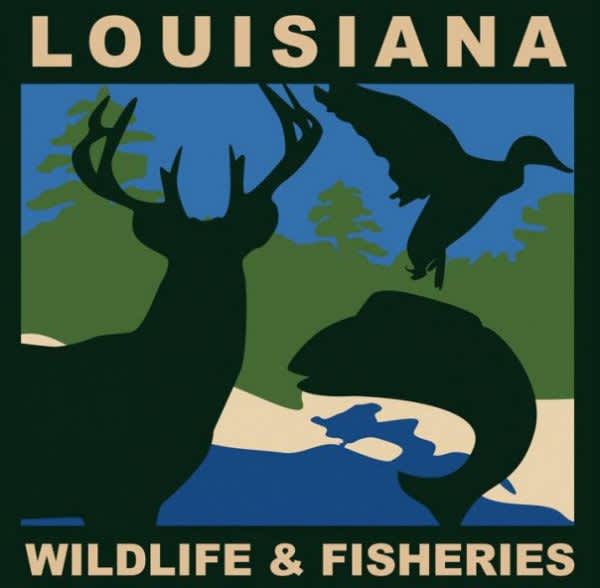Louisiana DWF and New Orleans City Park Present 66th Annual Big Bass Rodeo on April 6

The Louisiana Department of Wildlife and Fisheries is once again teaming with New Orleans City Park for their 66th annual Big Bass Rodeo and Fishtival.
Spring is just around the corner, which means water temperatures are rising and largemouth bass activity is picking up. In addition, the Department will be stocking the lagoon today with 50 adult Florida largemouth bass, averaging over two pounds each.
The purpose of the stocking is two-fold: adding Florida largemouth bass will enhance future urban fishing opportunities by increasing the potential for catching larger fish and may also help to control invasive cichlid populations.
The upcoming Big Bass Rodeo is deemed the oldest freshwater rodeo in the country, providing opportunities for anglers of all ages and backgrounds to catch those elusive lunkers for bragging rights and trophies. The Department is committed to protecting and managing the state’s natural resources and will be present to assist anglers with the weighing, holding and safe release of all fish.
The event will be held on Saturday, April 6 at the Casino Building (currently Morning Call Café) in New Orleans City Park. Registration begins at 6 a.m. and fishing at 6:30 a.m. and weigh-in closes at 11 a.m. near the bandstand. Entry fees are only $10 for adults (13 and older) and $5 for kids (12 and younger). All anglers are asked to bring their own rod and reel, as well as bait.
In addition to the rodeo, the free Fishtival begins at 9 a.m. near the Casino and Bandstand area. Numerous demonstrations, exhibits, and outdoor activities will be available for youth and adults including a youth casting contest, free casting lessons, and a 1,000 gallon freshwater aquarium provided by LDWF.
Visit www.neworleanscitypark.com/bigbass for details, online registration, registration forms, rules, regulations and a fishing map.
If your rods and reels are gathering dust and you can’t remember the last time you took your child fishing, what in the world are you waiting for? Fishing is a sport best passed from generation to generation. It instills patience, respect for the environment, and offers countless teaching opportunities about ecosystems, habitats, and how man fits into the great scheme of things. Fishing is also a sport that requires little money to get started. Most kids are happy with a cane pole, bobber, and worms for bait.

